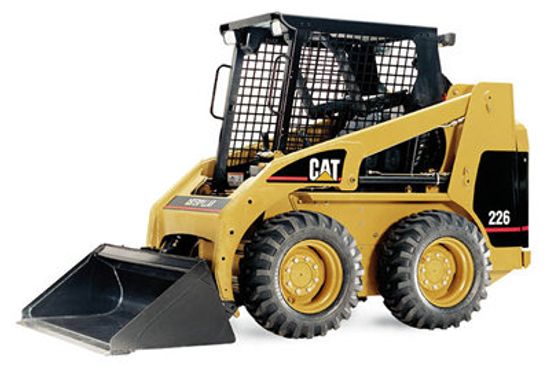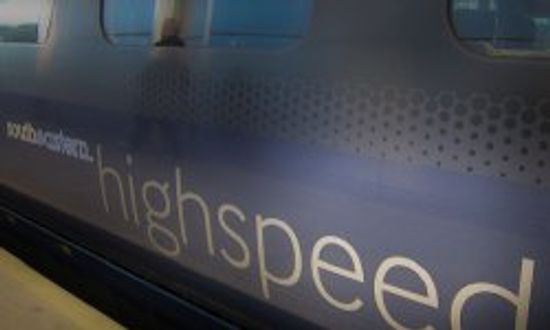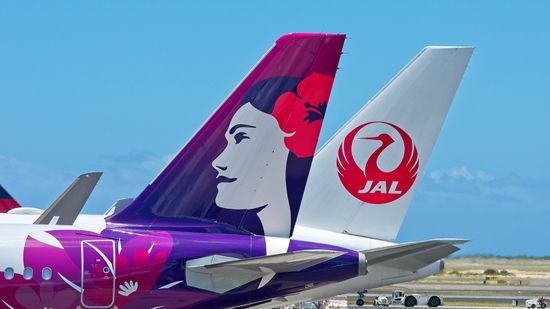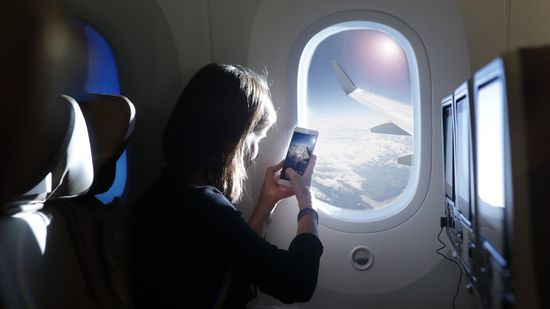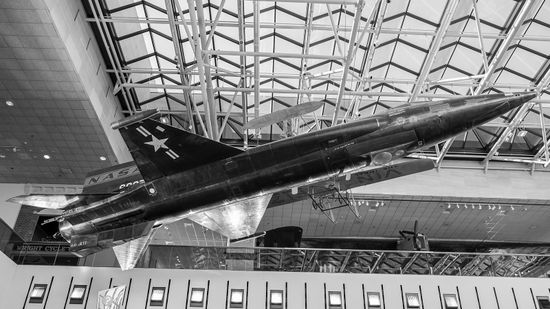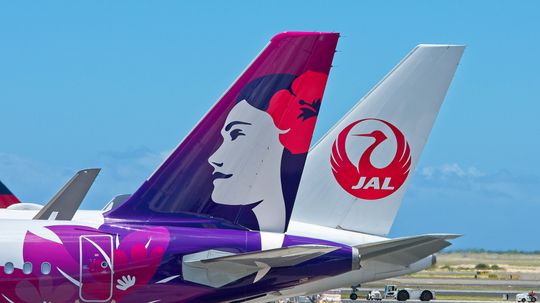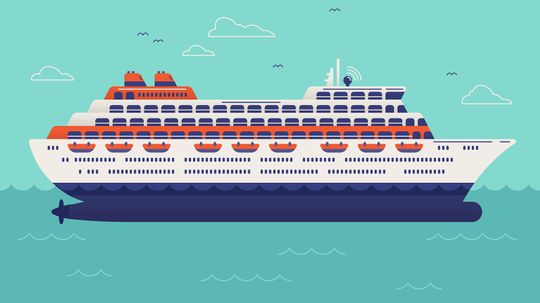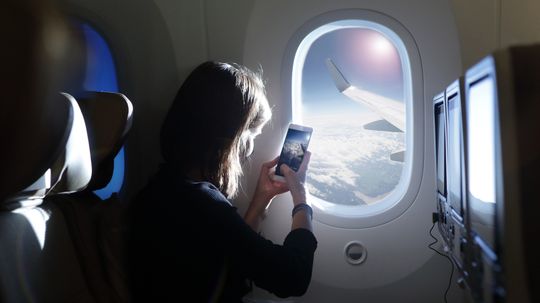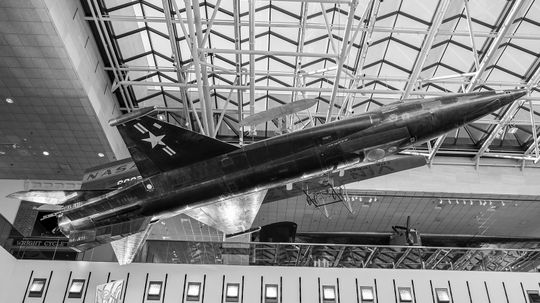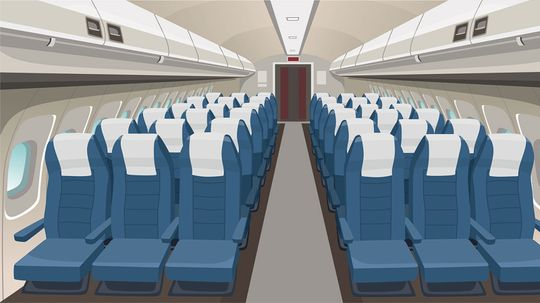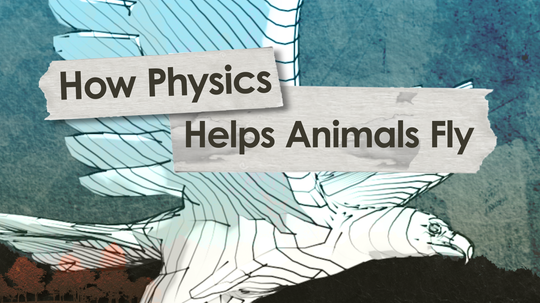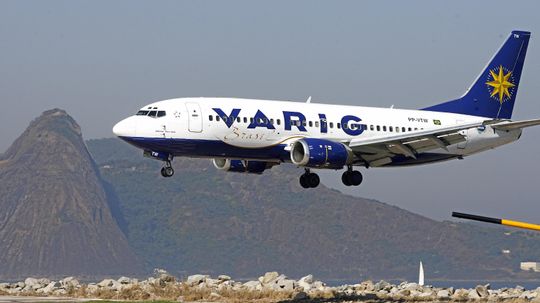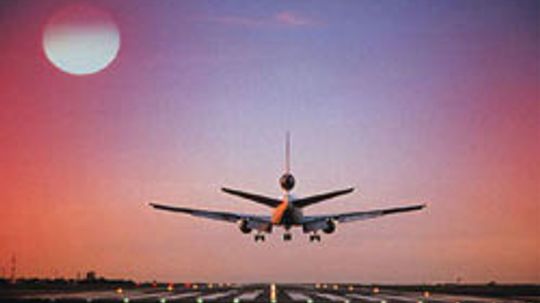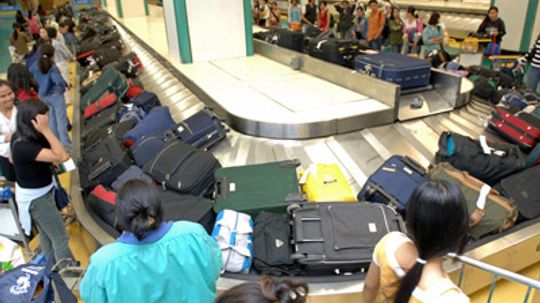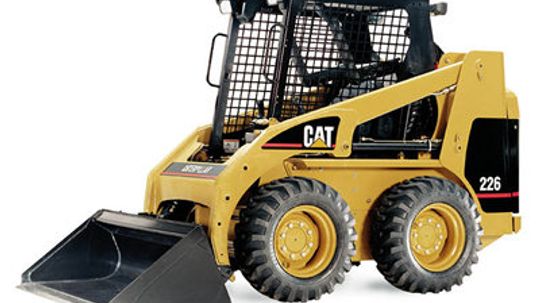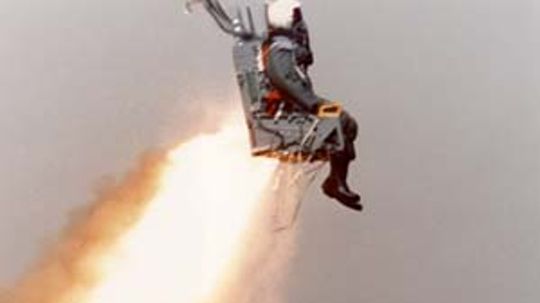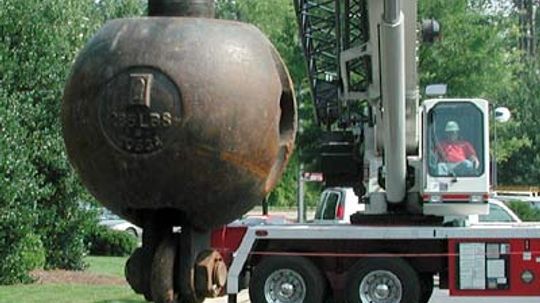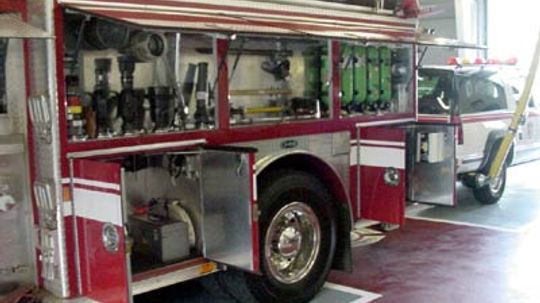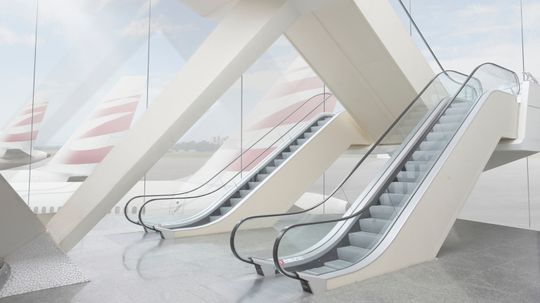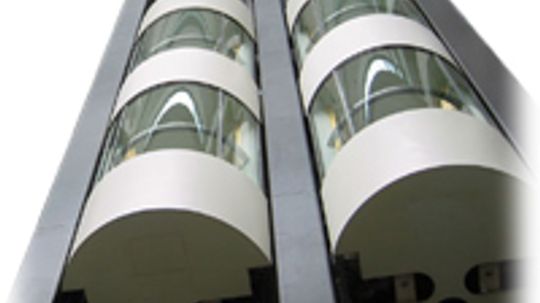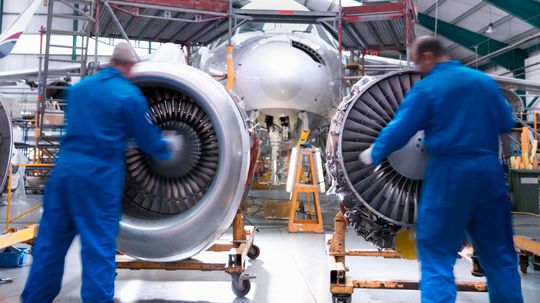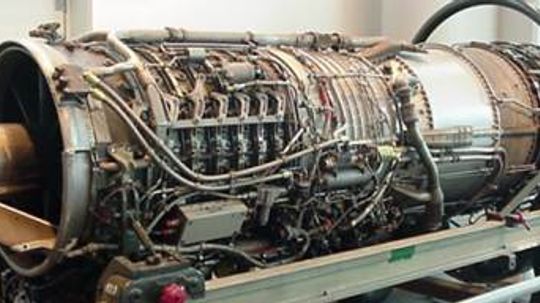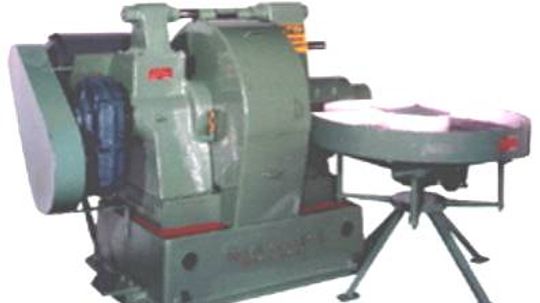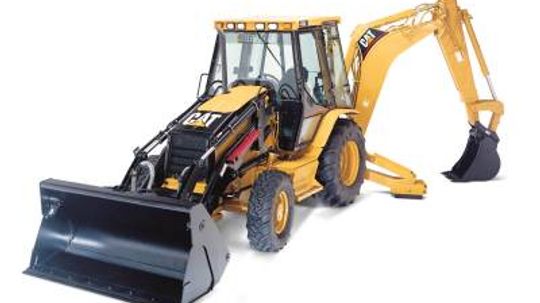Transportation
Many of us take public transportation or fly in airplanes on a regular basis, but have you ever wondered how all of these things work? This collection of transportation articles help explain how people get from place to place.
Learn More
If you're searching for the safest airlines in the U.S., you want hard data, not hype. Airline safety comes down to training, maintenance, operational reliability and how carriers respond to incidents.
The modern cruise ship is a marvel of engineering, towering many stories above the water and capable of carrying thousands of passengers across entire oceans. If you're interested in traveling on one of these floating behemoths, you've got plenty of options to choose from, and pretty much all of them are going to be big.
By Zach Taras
If you've traveled between the Americas to Europe or Asia, you're probably familiar with some of the longest nonstop flights available. These commercial flight routes across the Pacific and Atlantic Oceans can easily take over 10 hours to complete, but what is the longest flight in the world?
By Talon Homer
Advertisement
When it comes to the question of the fastest fighter jet, you can choose to compare only those fighter jets that are still in service, or you can consider every last jet fighter that's ever graced the skies - and we've chosen to go with the latter.
By Marie Look
Air travel is far more than getting from point A to point B safely. How much do you know about the million little details that go into flying on airplanes?
By Alia Hoyt
A Boston-based company plans to manufacture a supersonic business jet that will replace windows with video screens.
HowStuffWorks explains how physics helps animals get airborne.
Advertisement
Since 1948, more than 100 aircraft have gone missing while aloft and never been found. How is this possible? We'll look at some of these unsolved mysteries, as well as other bizarre airline mishaps.
Steampunk enthusiasts imagine an alternate version of history, where the dress code demands petticoats and suit vests and airships are the most romantic forms of all transportation.
Flight has been a human dream for centuries. It wasn't until the dawn of the 20th century that man was finally able to leave the ground. This gallery highlights some of the milestones in aviation.
By Rick Mayda
Since prehistoric times, people have wanted to take to the skies. Trouble is, humans weren't meant to fly. Of course, that didn't stop some determined souls from trying.
By John Fuller
Advertisement
Your luggage gets "mishandled" by an airline and favorite pieces of your wardrobe, souvenirs and toiletries disappear into a black abyss. Or do they? Actually, your wardrobe is hanging out in Scottsboro, Ala., and it has some interesting company.
By Sarah Dowdey
You know those loaders used in construction and landscaping that dig up and pick up EVERYTHING? Learn how these incredible machines work!
By Karim Nice
If a device has a motor, engine or spring, it probably has gears! But what do gears do, exactly, and how do they do it?
By Karim Nice & Kristen Hall-Geisler
When a military aircraft is in trouble, the pilot may have to eject to save his life. Find out how this crucial escape system separates pilot from plane.
By Kevin Bonsor
Advertisement
Hydraulic cranes perform seemingly impossible tasks, lifting 70-ton objects with absolute ease. See the simple design behind the Herculean results.
By Kevin Bonsor
We see them all the time, but do you ever think about everything these machines do? A fire engine is a combination personnel carrier, tool box and water tanker. Learn all about this amazing 3-in-1 machine.
By Kevin Bonsor
You probably ride escalators all the time, but do you know how they move, and flatten, and keep the handrail in synch with the steps? Find out exactly what is going on inside an escalator.
By Tom Harris
In action movies, elevators regularly plummet to the basement, landing in a spectacular ball of fire. Is this possible? There are some sophisticated engineering techniques at work behind every elevator ride you take.
By Tom Harris
Advertisement
A radial engine has a unique setup that makes it ideal for certain applications. Find out what makes radial engines different, how they operate and where they're used.
Afterburners allow a jet plane to take off from a short runway, such as the deck of an aircraft carrier. What, exactly, is an afterburner and how do they work? Learn the answer to this question in this article from HowStuffWorks.
Ball bearings can be found in a wide variety of machines and gadgets. If you take a look at one of them you may notice how perfectly smooth they feel and appear. How do they get like that? Find out how ball bearings are created in this article.
You see gears in just about anything that has spinning parts - car engines, transmissions, electric toothbrushes... Learn what these gears are doing and get to the bottom of the "gear ratio" concept!
Advertisement
You see backhoe-loaders on nearly every construction site around town. Learn how these amazing machines work and what they are able to do.
By Marshall Brain & Tom Harris
You've waited in line, and now it's time to board the roller coaster for the thrill ride of your life. If you're lucky enough to get to pick your seat, which car should you choose for the best ride experience?
